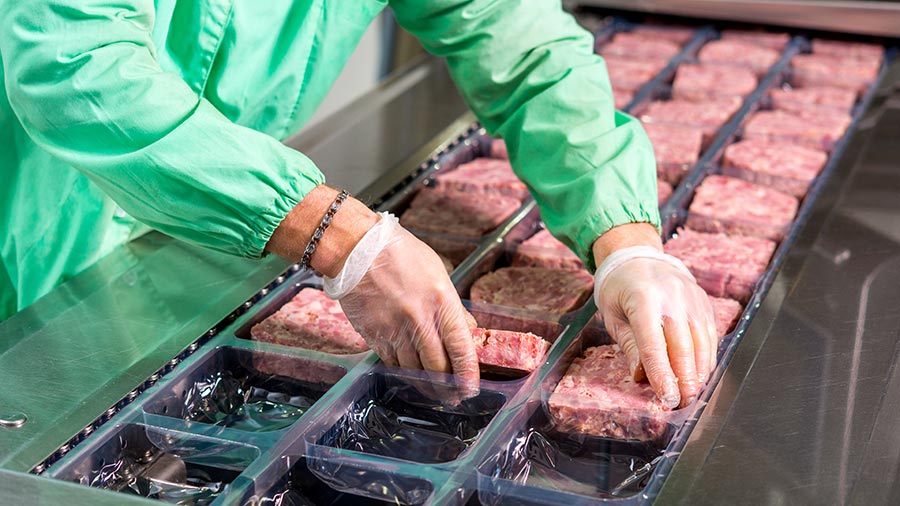Farmers Weekly convenes Meat: Our Expectations roundtable
 © agnormark/Adobe Stock
© agnormark/Adobe Stock Farming unions, food processors, retailers, consumer groups, crime experts and regulators came together this week to discuss Farmers Weekly’s campaign to stamp out misconduct in the meat sector.
At the meeting, attended by several organisations, including the Food Standards Agency, British Retail Consortium and Which?, the four recommendations for change (see panel below) set out by FW following our exclusive investigation into food fraud and safety breaches at a meat processor were discussed.
See also: Meat: Our Expectations campaign continues to gain momentum
The participants were also encouraged to share their views on other ways in which the current auditing system could be improved, to bolster the campaign.
There was agreement that although Environmental Health Officers (EHOs) employed by local authorities are doing the best they can to protect consumers from food fraud and safety breaches, central government needs to provide additional funding for extra boots on the ground.
Nick Allen, chief executive of the British Meat Processors Association, said during the roundtable: “You’ve probably got about 360 people in the country through the local authorities that are actually the police force out there and you’ve got 600,000 food businesses.
“This, to my mind, is at the heart of a lot of other problems.”
In 2020, there were 1,767 full-time hygiene and standards staff working across the whole food sector in England, Wales and Northern Ireland – one-third fewer than in 2014, when there were 2,449.
Chris Elliott, professor of food safety at Queen’s University Belfast, and author of the Elliott report published in the wake of the horsemeat scandal, was another meeting attendee.
He said: “The EHOs are phenomenal people who do a huge amount in terms of protecting food safety, but they’re not trained in food fraud detection. It’s not part of their courses. They have to be really well trained in detecting food fraud.”
Following the roundtable, Farmers Weekly will be fine-tuning its four recommendations and building them out further into a full Charter For Change, which we intend to invite key stakeholders to endorse, before presenting it to policymakers.
The document will be signed at an in-person event in London.
Four recommendations
- Reportable: Establish an independent, short-number whistleblowing line and make it a requirement for this to be clearly displayed in factories, alongside accompanying information in multiple languages
- Independent: Ensure an independent body can verify how much British meat is going in and out of factories – known as the mass balance – so that dilution can be identified more easily
- Swift: Address the 15min gap between auditors signing into a premises and entering the factory floor
- Electronic: Make digital record-keeping mandatory
